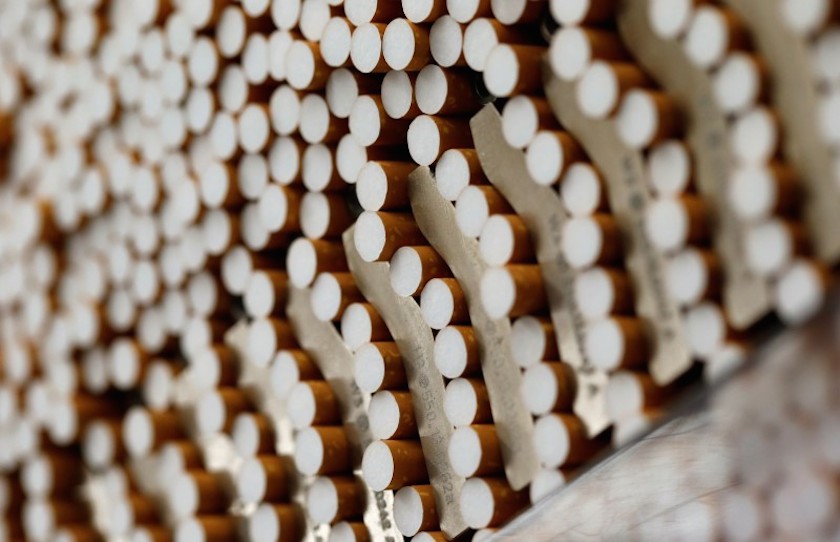KUALA LUMPUR, June 1 — The National Cancer Society of Malaysia urged Putrajaya today to implement its proposal for plain tobacco packaging by January 2017, insisting the move would save lives that would otherwise be lost to smoking.
Citing the success of the policy in Australia, the group said the introduction of plain packaging for tobacco products there measurably cut usage rates among teens between 2011 and 2014.
It claimed that introducing unbranded packaging could help reduce the 20,000 deaths attributed to smoking here each year as well as related health complications.
“The damage of tobacco on our economy outweighs the revenue that it brings. We need to work harder to stop the damage that tobacco inflicts on our people as well as our healthcare and economy,” the group said.
The group disputed claims by the tobacco industry that the move would worsen the problem of smuggled cigarettes here, saying the Southeast Asia Tobacco Control Alliance found that plain packaging did not increase either the supply of or demand for contraband products.
It also backed the International Trade and Industry Ministry's position that plain packaging for tobacco would not violate existing trade laws and agreements.
“In view of these findings, the government should stand firm and place the public’s health as the top priority, rather than succumbing to attempts of the tobacco industry to undermine this effort,” it added.
Malay Mail Online reported in February that Malaysia was planning to implement plain packaging for tobacco products, in which colours and fonts would be standardised to reduce brand recognition.
Health Minister Datuk Seri Dr S. Subramaniam told Parliament in March that plain packaging would be enforced in future, but declined to announce an implementation date until Putrajaya concludes talks with tobacco companies on intellectual property rights.
Dr Subramaniam's refusal to set a timeline for the move has drawn allegations that the federal government was succumbing to pressure from the tobacco industry to reverse the decision.



















